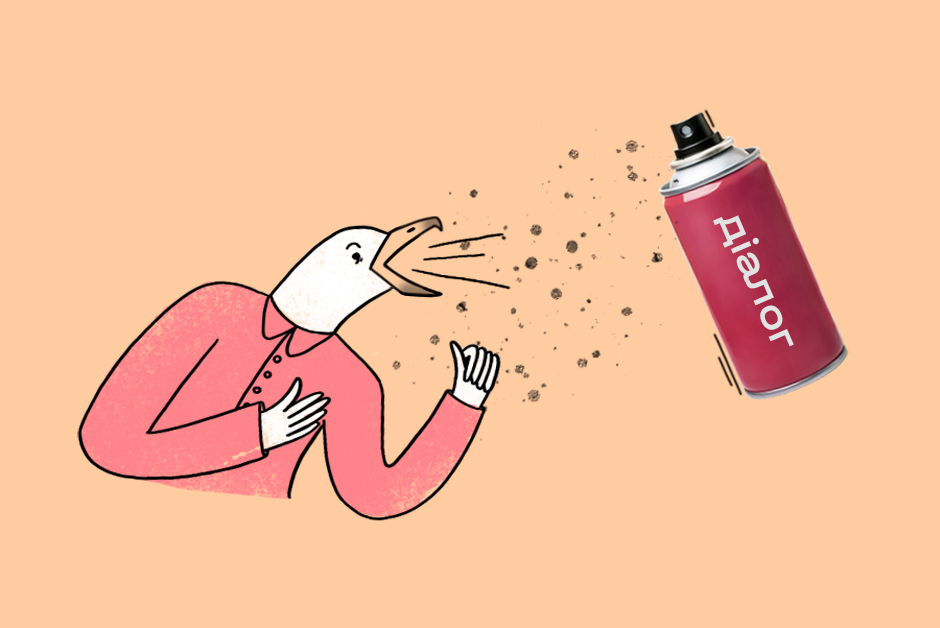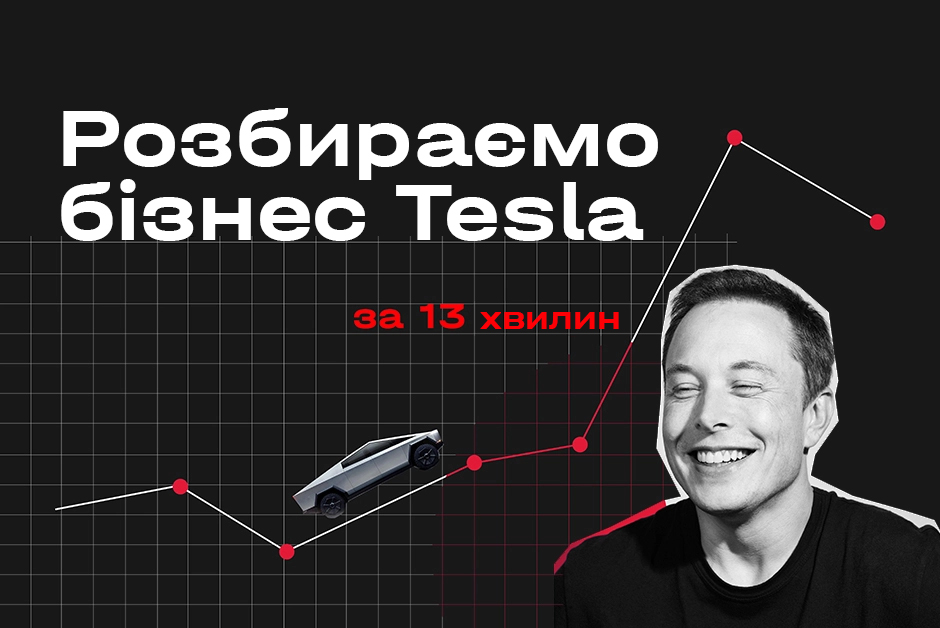Polyphasic sleeping; veganism; biohacking; free-birthing; living off the sea. These are just some of the marginal behaviours that could become more popular, courtesy of technological and cultural changes, argues marketing guru Helen Edwards in her new book “From Marginal to Mainstream; Why tomorrow’s brand growth will come from the fringes and how to get there first”.
A consultant who has advised clients such as Johnson & Johnson, Wella and Nando’s, and an Adjunct Professor of marketing at London Business School (LBS), Edwards has been studying for a long time the cultural shifts that shape branding.
She sat for a chat with Laba Business School on how to reverse misconceptions about products, the role of technology in pushing the marginal into mainstream, why Gen Z is more open to new products, and how marketers can identify cultural, regulatory and scientific shifts to make their brands stand out.
Why are ‘marginal behaviours’ becoming more important for marketers?
There are pull and push factors. The pull factor is that the type of disruptive innovation Clayton Christensen described, technological, supply-led innovation that creates breakthrough growth, is over. There's a general view that low-hanging innovation fruit from technology has been taken and any more gains will be small. So big businesses start looking elsewhere for the big breakthrough.
When I work with companies looking for growth, they tend to think about it in a narrow way, because it's less risky. They think, how can we make a share gain here, a shelf space there, often chasing the competition down. So nobody really makes a breakthrough.
Then we have the biggest generation in history, Gen Z, who are much more curious, less judgemental, more open, more globally and socially connected via social media.
When you combine those things together, and you look at our ability to see marginal behaviours more than ever through social media, there's an opportunity. So rather than look for supply-led innovation, you look for demand-led disruption from consumers.
These marginal behaviours are much more visible to consumers. If you can understand their benefits for the wider population and bring them into the mainstream, there's a real opportunity.
Is this a Western thing or universal?
We are living in a global world, but not completely. There will be some marginal behaviours that are socially acceptable or growing in some parts of the world, but less in others.
Homoeopathy came out of Germany and is more popular there and Eastern Europe, as is naturism. They'll have different nuances worldwide.
I wanted to understand whether it's possible for business people, and not just marketers, to understand these behaviours better and have a better shot at knowing whether they can get a breakthrough.
Homoeopathy may never make a breakthrough, as there is big resistance from the conventional clinical community. But for veganism or mindfulness, there is global potential.
What’s the best example of a firm tapping into a marginal behaviour?
Probably Nike. In 1968, somebody in the US was arrested for jogging on the grounds of misusing a public highway!
Jogging as an exercise for its own sake, just wasn't done. Partly because people didn't need to. Their jobs were often quite physically demanding and life was more physically demanding.
Bill Bowerman was an athletics coach in Oregon and he went on a fact-finding mission to New Zealand in the late 60s and was invited to the Auckland joggers club. He hadn't even heard of it. He found out about its benefits to cardiac health and brought it back to America.
He did a study with the University of Oregon on its effects on cardiac health. They didn’t struggle to recruit people for that sort of experiment. And it just took off.
Bowerman quickly realised that traditional shoes like plimsolls that people used to wear were not appropriate for jogging, so he tried to create something better. He teamed up with a former miler he had trained, Phil Knight, and together they created the Blue Ribbon sports company. In 1971 they changed the name to Nike.
So Nike was right at the beginning of the exercise revolution, which has grown exponentially. If you think about all the categories and brands that have benefited from the exercise revolution, for example connected fitness and clothing, it's huge. Bowerman saw something. Phil Knight has said that they didn't create the exercise revolution, but they surely rode it.
So you have to look at people and see what they do. You have to understand the benefits and bring them to a wider population, rather than think that your business can create disruption and it's all coming from you. It doesn't.
How can you identify accelerators that make marginal behaviours more acceptable to the public?
To read these behaviours better, we developed eight "beacons": signals and clues that will give you an idea. If you look at behaviour through the lens of these beacons, then you have a better chance of understanding whether they'll move to the mainstream. One of them is accelerators.
If there is a shift in the cultural or regulatory environment, it changes how people perceive a particular behaviour. COVID is an accelerator for polyphasic sleeping, which is not sleeping in one big chunk at night but according to what works for your body. I've seen recent research that says it's actually more natural for our body. Working from home, particularly for office workers, means that that is more possible for people.
COVID was also an accelerator for free-birthing, which is giving birth in a more natural environment. Many female free-birthers we spoke to said that they got interested in it during the pandemic. Rather than hospitals being safe places, suddenly they realised that they're full of infections, and they might not be the best place to give birth.
Other accelerators are legislation changes. Changes in laws regarding microdosing for example, which is taking small amounts of magic mushrooms to help with mental health. When you look for accelerators, they tend to have to do with cultural shifts or culture pushing its way into the regulatory environment.
What’s the role of social media and influencers in that process?
Technology is indeed key. One reason is social media. Because of them, these marginal behaviours are simply more visible to support.
Streaming has also driven the visibility of marginal behaviours. Now we have many TV platforms from which we can watch content. That content is monetised which means the platforms need more of it.
Doing videos around marginal behaviours is low-cost compared to producing a drama. They're very popular because people love watching what people do. So you've got user-created or more professionally created content for the streaming platform, all tech-enabled.
That is making these behaviours more visible and open to a wider population. By the time it's got to a classic influencer, it's already made its journey into the mainstream. Influencers are part of the people who are used to the mainstream mental availability. So once it’s got to an influencer or a celebrity, you're already behind the curve.
What is it that makes generation Z more willing to embrace those marginal behaviours?
Gen Z is roughly people who were born between 1996 and 2010, so they're in their 20s now. They are the biggest single generation. I'm not a big adherent to the view that it’s all about the generations. People are people.
But when you look at what unites that generation, there is a harmony of attitudes. There seems to be an openness and curiosity. They're not tribal. Tech and social media is part of their life.
When we did primary research, it was striking that when you showed some marginal behaviours like insect protein to more middle-aged people, their reaction was very visceral. It was: “Oh, that's disgusting!”
When you showed it to Gen Z people, even if you could see a similarly visceral response, they wouldn't say it. They would say things like “Well, nothing is strange anymore. It's all normal.” Or, “I don't feel comfortable labelling people”.
So they would be more curious and open to it, despite that visceral reaction. The sort of mental response was: “No, I'm an open-minded person.” So that's why they're very interesting.
In the book, you explore the process of reframing established stereotypes about products. So how do you do that?
Reframing comes from cognitive psychology. The concept was created by the psychologist Aaron T. Beck. He developed a simple process of cognitive reframing, which is changing the frame through which you see a situation.
Marketers have jumped on this. Take insect protein. People say: “Oh, it's disgusting.” Just the thought of insects makes you feel sick. There are products like Crunchy Critter Bars or Low Chilli Locusts, but that doesn’t help people get over that resistance. You're just trying to make a joke about it, but that's not changing the frame through which they see it.
During our research we tried various reframing methods. A different frame through which you could look at insect protein is to say that insect protein was a part of our food chain for generations. Humans and animals have been living from insect protein for a long time.
So rather than say that this is a future food, you frame it as the original protein. The minute we did that, it changed how people in focus groups thought about it. Then you can layer on a big brand. Someone in the group said: “If Knor produced a stock cube with original protein in it, I would go for it.”
You claim that sometimes marketers shouldn’t always trust what research tells them. Why is that?
You got to look out for reversal. Sometimes the very reason humans resist a marginal behaviour becomes the reason to adopt it later.
Take exercise for its own sake. The reason people didn't go out and exercise once they finished work is they got everything they needed in terms of cardiac and mental health from their work, because it was physically demanding.
Suddenly, work stopped being physically demanding. So the reason to do it was completely reversed. When that happens, it's like a sudden explosion, like a bull running down a hill.
The same happened with veganism. The primary reason to resist veganism was that people felt they needed to eat animals for health reasons. The reason to be a vegan was actually animal welfare initially. And then that reversed because we understood more about nutrition. We don't need to eat animals to remain healthy. So that's a total reversal.
As a marketer, when there's something new to look out for, consumer research will not enlighten you. Consumers wouldn’t know it. You have to look for a shift either in our scientific understanding of something or in life that would cause that reversal.
Isn't climate change the reason people turn to veganism these days?
They do that for various reasons. One is climate change.
When you look at behaviours first, and not just consumption, you find that a primary or secondary driver are values related to humanity, like respect for the planet and diversity.
So veganism, climatarianism, uniform wardrobe, even microdosing, are driven by respect for the planet and other people.
But unfortunately, because of human nature, people wouldn't turn to veganism if vegan products tasted awful. We've seen that being sustainable just isn't enough. The product still has to meet demand.


Бажаєте отримувати дайджест статей?












